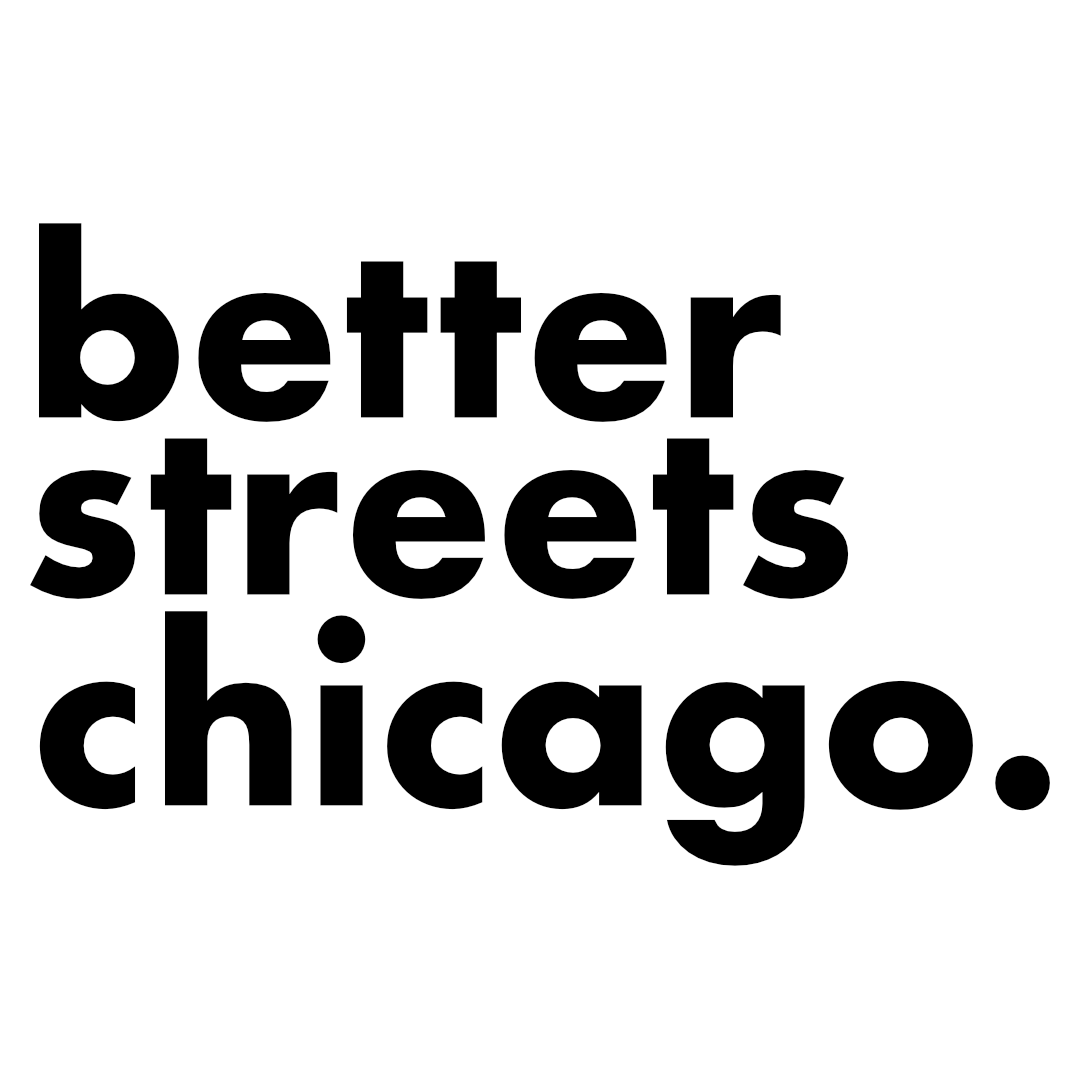Coalition to Save the Chicago Greyhound Terminal | Letter to Mayor Johnson
Dear Mayor Johnson:
As organizations advocating for safe, effective, and efficient transportation, we call for the City of Chicago to take immediate action to preserve the Chicago Greyhound Terminal at 630 W. Harrison Street for intercity bus travel. The loss of this facility would disproportionately affect disabled travelers, minority groups, students, individuals who do not own cars or cannot drive, and many others who depend on low-cost travel options, including those fleeing domestic violence or seeking justice at the courthouse down the block. Greyhound’s lease of the facility ends in October, making this an extremely pressing issue that requires our collective attention.
The City or another public entity should buy the Terminal, rehab it, and contract with a firm to manage it. As a public terminal, its future operator, with guidance from the Chicago and Illinois Departments of Transportation, should work with private bus companies to expand service to and from Chicago, as is happening right now in other cities across the country. Atlanta, GA; Boston, MA; Detroit, MI; and New York, NY, for example, have recently made or are making major investments to support intercity bus terminals. Chicago risks falling behind its peers by failing to take action now. With action bus ridership could easily double in a short period.
As the end of the lease approaches, the City of Chicago has neither:
Presented evidence about a concerted effort to purchase the Terminal or extend the lease, which should involve a collaborative process. No information has been presented about engagement with county, regional, or state officials, NOR
Conducted a full technical assessment of alternatives that could give Chicago sufficient intercity bus capacity, provide passengers with indoor waiting facilities, and offer safe pickup and drop-off if the Terminal can't be preserved.
Without prompt action, Chicago is headed for a crisis this autumn. We expect this crisis to be worse than that in Philadelphia, which suffered the loss of a similar station in 2023. Among the possible relocation options for bus lines if the station closes is the dedicated bus lane on Jackson Boulevard next to Chicago Union Station (CUS) upon the lease expiration. The arrangement has notable problems:
The available curb space is far too small to handle Chicago’s expansive intercity bus system, which would result in a sharp reduction in bus schedules. The Jackson bus lane is not suitable to be a coach bus stop. It is located in a heavily congested area and there is too little space to handle the number of buses and passenger capacity currently seen at the existing Greyhound terminal. Significant cuts and undesirable schedule changes would likely result.
It has no passenger facilities. There is nowhere for people with luggage to wait for their bus, no public restrooms, no protection from the weather, nowhere to find help navigating their bus journey, nor passenger drop-off or pickup locations. CUS’s waiting room is open only to Amtrak and Metra customers. Amtrak has indicated that CUS is not configured and presently has no capacity for intercity bus service beyond the station's current use.
There would be little capacity to serve passengers connecting through Chicago due to the need for people making transfers to wait outside for extended periods. Bus lines would likely have no choice but to restrict the number of connecting tickets sold greatly. This would hurt disadvantaged populations who rely on buses for long-distance trips.
There would be no room for growth. Greyhound and its partners aren’t the only carriers serving the Greyhound Terminal. For example, Indian Trails, Megabus, and OurBus would likely return to Chicago if they had a proper place to drop off and pick up their customers. Chicago should be working to make it easier to visit our city without a car. Intercity buses are a low-cost and sustainable way to do that.
Congestion around CUS is acute, particularly during rush hour, and the lack of off-street pickup and drop-off zones in the area paired with use of bus lanes for Greyhound will have a dramatic impact on CTA service.
The cost of purchasing and rehabbing the station is estimated at less than $40 million—a small fraction of what we regularly spend on major transit, airport, and highway improvement. This relatively small investment would generate a significant return for the city and region.
It is essential that the City of Chicago: 1) move aggressively to buy the station or negotiate a lease extension before it is too late, 2) have the Chicago Department of Transportation be ready with a viable contingency plan that has sufficient capacity, waiting facilities, and needed services if the above proves infeasible. We urge the City to reach out to the Chicago Metropolitan Agency for Planning, Cook County, Illinois Department of Transportation, Regional Transportation Authority, and other groups to formulate a response. Our coalition is available to provide technical assistance in this critical effort.
Signed:
Access Living
Active Transportation Alliance
Austin Coming Together
Better Streets Chicago
Center for Neighborhood Technology
Chicagoland Chamber of Commerce
Coalition for a Better Chinese American Community
Commuters Take Action
Chaddick Institute at DePaul University
Elevated Chicago
Endeleo Institute
Environmental Law and Policy Center
Foundation for Homan Square
Garfield Park Community Council
Greater Southwest Development Corporation
High Speed Rail Alliance
Illinois Chamber of Commerce
Little Village Environmental Justice Organization
Metropolitan Planning Council
North Lawndale Community Coordinating Council
Northwest Center
Northwest Side Community Development Corporation
Sierra Club Chicago
Union of Concerned Scientists
Union League Club of Chicago
